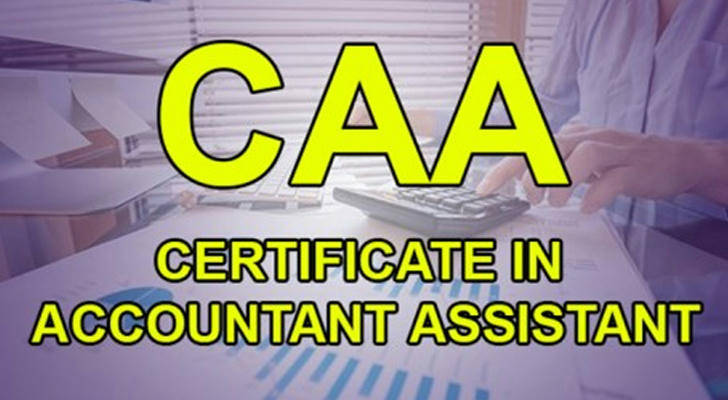Exploring Accounting Assistant Courses: The First Step in Your Financial Career Journey

In today's fast-paced business environment, accounting stands as the cornerstone of corporate operations, its significance undeniable. Whether it's a startup or a multinational corporation, a dedicated accounting team is vital for financial management, data analysis, and decision-making. As a pivotal member of this team, an accounting assistant plays a crucial role. Hence, selecting a top-notch accounting assistant course isn't just a shortcut to mastering professional skills; it's the key to unlocking your financial career path.

1.Core Values of Accounting Assistant Courses
Foundation Building
Accounting assistant courses kick off with fundamental accounting principles, systematically teaching the accounting cycle, financial statement preparation, accounting elements & equations, among others. These basics serve as the bedrock for further study and practice, laying a solid theoretical foundation for students.
Professional Skill Enhancement
Beyond theoretical learning, these courses emphasize practical application. Through simulated hands-on experiences and case studies, students grasp financial software operations, tax planning, cost control, and more. These skills are vital in an accounting assistant's daily tasks, enabling efficient job execution.
Workplace Competence Cultivation
As part of the finance team, accounting assistants require strong communication skills, teamwork spirit, and ethical principles. Courses incorporate workplace competence training, enhancing students' overall qualities to better adapt to the professional environment.
2.Unique Features of Accounting Assistant Courses
Case-Based Teaching
Utilizing real or simulated corporate cases, students learn and apply accounting knowledge while solving practical problems. This method deepens understanding and boosts problem-solving and adaptability skills.
Hands-On Practice
Equipped with professional financial software and simulation labs, students gain firsthand experience navigating accounting processes and software. Practice sessions expedite skill mastery and efficiency.
Career Planning Guidance
Courses include career planning aspects, shedding light on accounting industry trends and job prospects. Resume writing, interview tips, and other resources prepare students for a smooth transition into the workforce.
3.Success Story: Jeson's Journey as an Accounting Assistant
Fresh out of college, Jeson enrolled in a premium accounting assistant course. He not only acquired solid accounting fundamentals but also honed his skills through hands-on practice. Post-graduation, his outstanding performance landed him an accounting assistant role in a renowned company. Quickly integrating into the team and taking on crucial tasks, Jeson positively contributed to the firm's financial management. His success underscores the value and practicality of accounting assistant courses.
4.How to Choose the Right Accounting Assistant Course
Understand the Curriculum
Ensure the course covers comprehensive, systematic content aligned with your needs. Look for a blend of foundational theories, professional skills, and workplace competence training.
Assess the Faculty
Excellent instructors guarantee quality education. Research teachers' backgrounds, experience, teaching styles, and methods.
Consider Practical Opportunities
Practical experience is crucial for skill development. Look for courses offering hands-on practice, simulations, and internships to enhance knowledge application.
Explore Job Prospects
Understand the course's employment outlook and market demand. Staying informed about accounting industry trends and employer requirements aids in career path planning.

5.Conclusion
Accounting assistant courses mark the inaugural step in your financial career. By systematically learning and practicing, you'll acquire solid accounting fundamentals and professional skills. Simultaneously, nurturing workplace competencies enhances your overall profile. Choose a course that aligns with your interests and career aspirations, and work diligently to achieve your professional goals.
